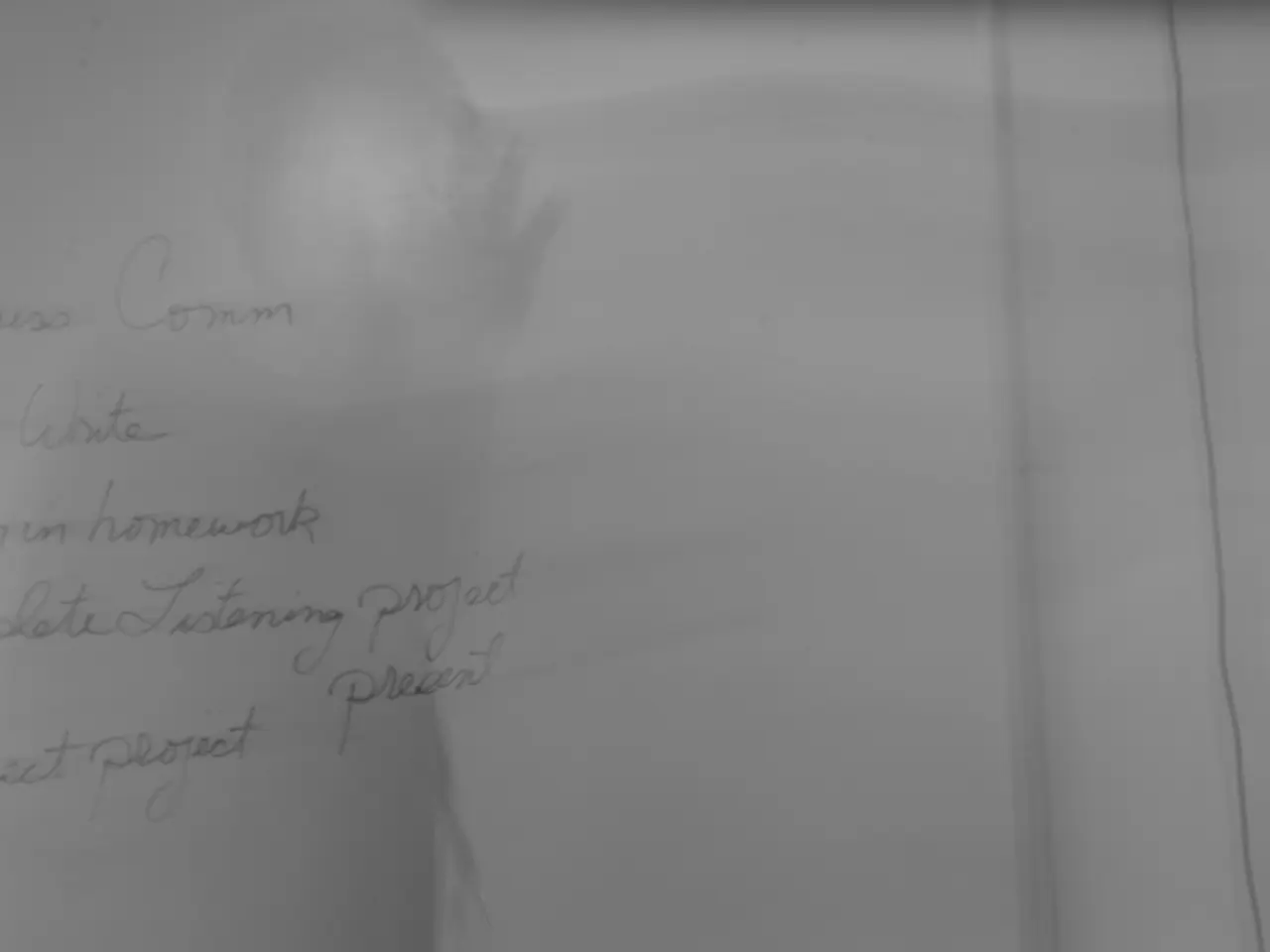Mastering Rebellion Without Appearing Arrogant or Disrespectful: A Guide
In our societal landscape, you might think we're all standing up for what's right, but the truth is, we're mostly toeing the line. Corporate corruption runs rampant, and people who could speak out keep their mouths shut. Workplace abuse isn't challenged often enough. It sucks, doesn't it? But what if defiance could be transformed into a powerful force for change, a positive force that benefits us all?
Dr. Sunita Sah, a psychologist and physician from Cornell University, is on a mission to reframe defiance as a learnable skill. Her newest work, "Defy: The Power of No in a World That Demands Yes," delves into influence, authority, compliance, and defiance.
So, why do we often fail to defy, even when we know what's right? Blame it on psychology, society, and rigged power structures. We value integrity, fairness, and justice, but in reality, we waver when faced with real-world pressures. Fear of retaliation, social conditioning, and the pressure to conform build up and make it difficult to speak out.
People actively resist defying for three reasons:

- Pressure to comply: Social and institutional forces urging us to conform in professional settings, where going against the grain can have major consequences, such as damage to one's reputation or career.
- Misunderstanding of defiance: Too many view defiance as reckless or disruptive, but it can also be quiet, strategic, and values-driven.
- Lack of tools: We recognize the need to push back, but we don't know how. So, we default to inaction instead of a lack of conviction.
We may hesitate to resist—in other words, we resist the urge to speak out—when we believe a behavior, rule, or decision is unjust or simply wrong. Dr. Sah calls this psychological barrier "insinuation anxiety." Fear of appearing accusatory—even when we disagree in good faith—increases the pressure to comply. Our fear that we may offend or accuse an individual or institution adds weight to the pressure.
So, what's the difference between complying and giving consent? Compliance is a reactive response, usually forced by external demands, pressure, or habit. Consent, on the other hand, is a conscious, voluntary decision that aligns with one's values. It includes five necessary components:

- Capacity: The ability to make decisions based on cognitive competence.
- Knowledge: Acknowledgment of the decision's information, including relevant risks, benefits, and alternatives.
- Understanding: A clear grasp of the facts and implications of the information.
- Freedom: Absence of coercion or undue influence.
- Authorization: A conscious decision to either give informed consent or refuse it.
Without all five elements, there is no true consent.
But how can we learn to defy effectively, without coming off as a constant naysayer? Defiance is a skill, not an innate trait. To develop this skill successfully, Dr. Sah suggests these three steps:

- Anticipate: Recognize and prepare for the moments that test your values.
- Visualize & prepare: Imagine these moments, script your response, and role-play with a trusted friend or mentor to become more comfortable.
- Act with purpose: Defy when a decision or behavior conflicts with your integrity.
By understanding and practicing these stages, you can make defiance a deliberate choice instead of an impulsive reaction.
Assuming changing jobs isn't an option, here's Dr. Sah's advice for someone who wants to offer contrasting ideas to organizational culture but works for a rigid, "command and control" leader who has no tolerance for anything but strict obedience: "When defiance isn't viable, the best strategy in the short-term is what I call 'conscious compliance.' This involves deliberately choosing to comply not out of passive submission but as a tactical decision even when the elements for consent are present. Conscious compliance can be a means of self-preservation, allowing for more effective resistance in the future. However, if the job fundamentally conflicts with your values, the long-term costs of staying silent must be considered."
Dr. Sah explains that defiance starts with introspection, which clarifies our core values. Next, we need to assess the situation and determine whether it's safe to defy, and finally, make a deliberate decision to either give informed consent or refuse it. She wrote about the five stages of defiance: tension, acknowledgment, escalation, threat of noncompliance, and the act of defiance.
Dr. Sah also gives advice on how parents can teach their children strategic defiance in a world that expects compliance. Encourage children to recognize injustices, unfairness, and unethical behavior. Teach them to express their concerns and push back in a thoughtful manner. Modeling constructive defiance and instilling family values that prioritize kindness, compassion, and fairness will shape the way children learn to defy effectively.
- Despite the fear of retaliation and societal conditioning, whistleblowers often demonstrate remarkable defiance in reporting corporate corruption, showcasing that defiance can be a powerful tool for change.
- In the workplace, a mentor can play a crucial role in helping individuals externalize their fear of insinuation anxiety, empowering them to express their beliefs and defy unjust behaviors in a strategic and values-driven manner.
- Performance reviews in the workplace could serve as opportunities to encourage and reward defiance, shifting the focus from compliance to consent, fostering an environment where employees feel empowered to speak out against injustices.
- In Dr. Sah's work, she emphasizes the importance of analyzing work situations to determine if defiance is safe and feasible, encouraging individuals to cultivate a sense of purpose and develop their defiance skills through anticipation, visualization, and deliberate action.






